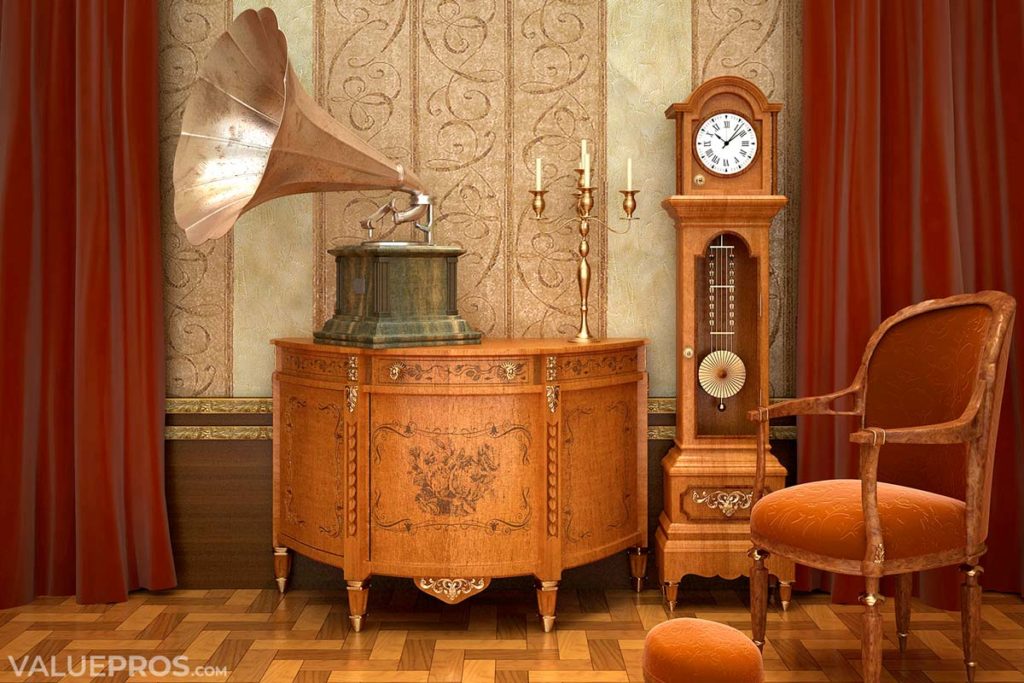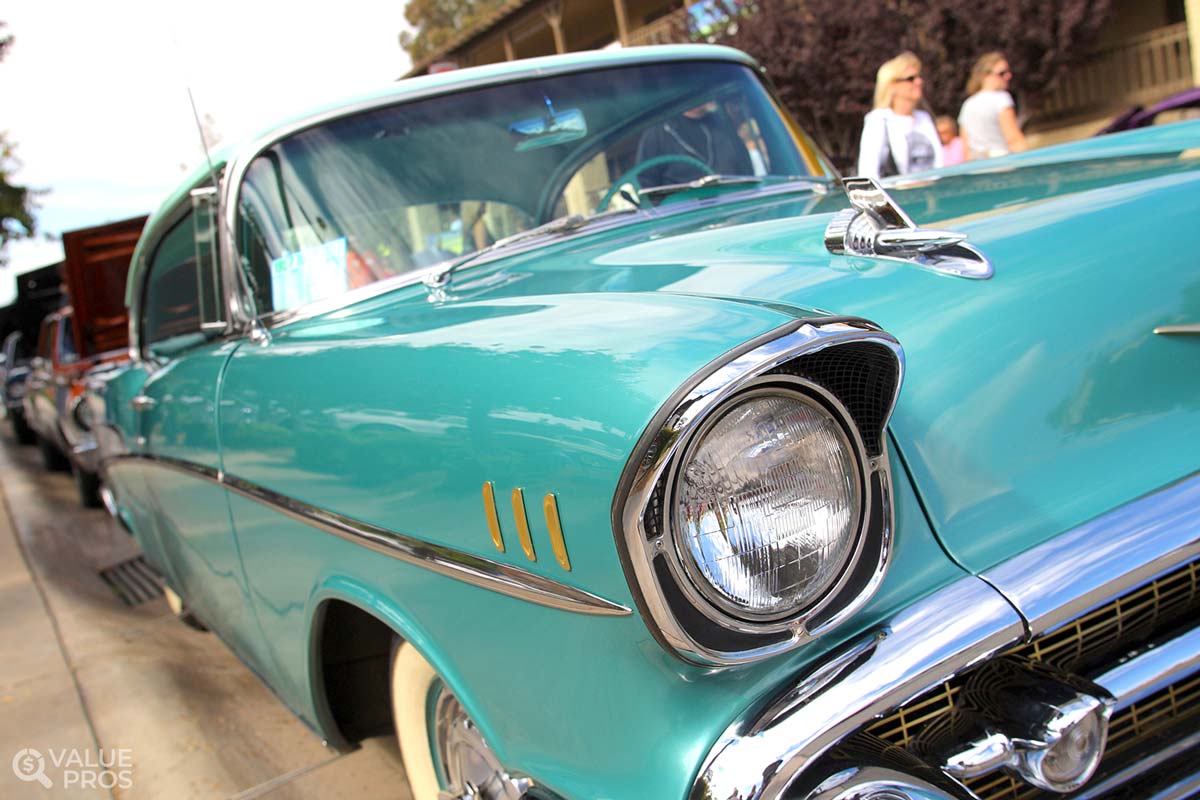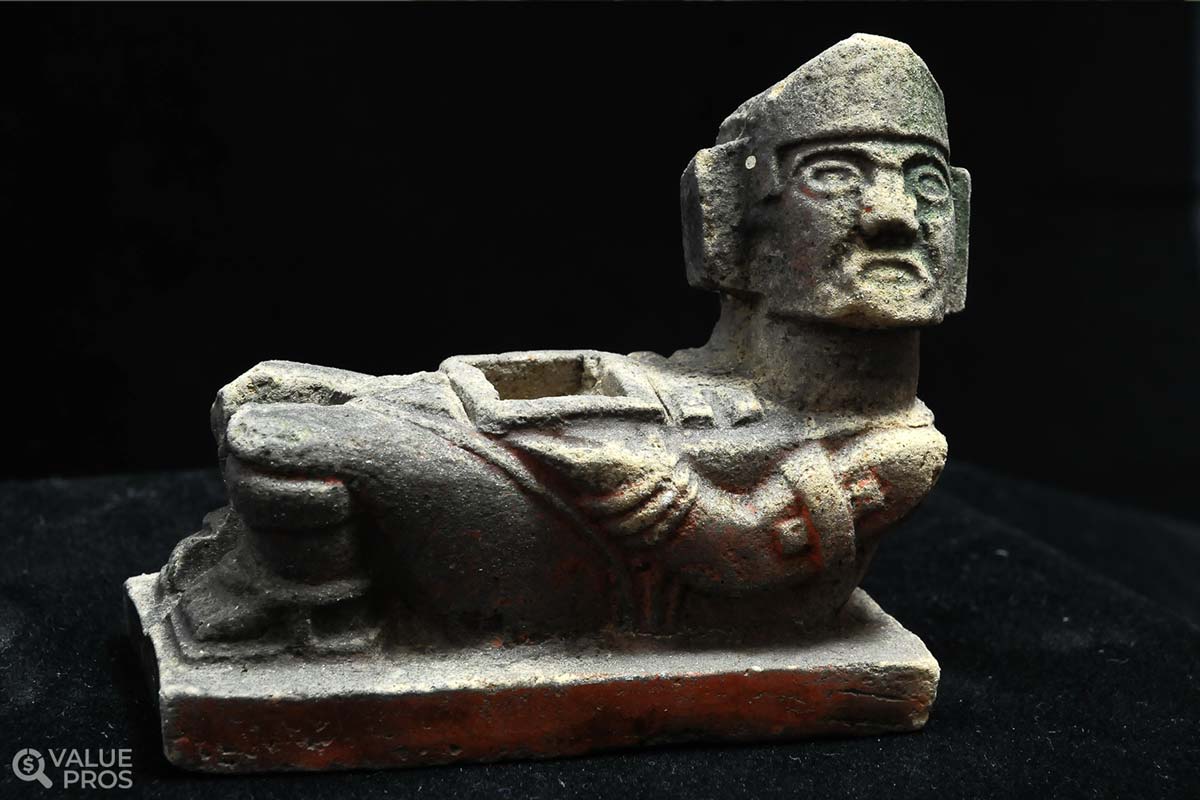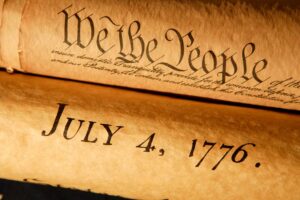Antiques are perhaps the most precious asset for many collectors due to their historical, sentimental, and monetary value. Usually in America, they are often pre-Hispanic articles (Mexica, Maya, Inca, Mapuche) and in the following order, colonial and viceregal art, turn of the century and contemporary. These may include imagery, goldsmithing and painting or even more modern items such as automobiles, collectibles or residential contents.
Most ancient objects are a direct inheritance of generations that have bequeathed them and from there comes the sentimental attachment that these objects may have. Many of these inherited objects are simply passed on without documentation and very often there is nothing to prove or attest to their provenance and transfer. On this issue of our ValuePros Blog, we will discuss tips about this remarkably interesting area of our work: antiques.
Tip # 1: Research the objects you own
It is important to know first-hand what it is that you own. Many times, because of the sentimental value attached to pieces, people think that they are “priceless”, but certainly, everything can be valued to present a monetary value. Very simple data such as the origin of the object, its “age” or approximate date of production, the materials with which the piece is made and the subject (what the piece is about) add up towards a more accurate valuation. This helps our team, for example, to conduct proper research and to find details about the work or piece and placing it on a timeline.
Tip # 2: Find out where it comes from
It is always good to know where the pieces come from or how they became your property. Keeping track of this information helps appraisers immensely, since the origin may give us most of the information about the manufacture of the piece, materials, etc. If you inherited the piece, it is important to find out where and how it was obtained by our ancestors.
Tip # 3: Register or obtain legal custody
In many countries there is a law for the protection of heritage and certain antiques must be registered in the catalog of the ministry of culture or secretary of heritage, this is in order to ensure the pieces are protected and have a professional technical file in case of theft or loss. There is also a specialized INTERPOL unit dedicated to the illicit trafficking of cultural property. Registering important pieces with them makes it easier to find out their whereabouts.
Tip # 4: Restore only with experts.
Many old pieces lose all their quality, historical, monetary and many times, even their sentimental value, due to bad interventions and inexperienced restorations. An antique, because of its value and history, should only be intervened, if absolutely necessary, by expert restorers that can prove proper knowledge in the use of traditional materials and who are able to present a portfolio of work done. Also, on many occasions, the restorer may advise NOT to intervene the piece to preserve its original value. Many purists insist that objects should be kept in their original conditions.
Tip # 5: Make a photographic record
It is important to have a record in photographs of any antiques you own. Even when it seems exaggerated, many times due to everyday chores, you may lose track of the pieces you have obtained. Nowadays, this can be easily achieved with smartphones, though sometimes, a professional photographer may be necessary to have optimal, detailed pictures of signatures, markings or to document the extent of full inventories. This is also pivotal to present insurance claims if the situation arises.
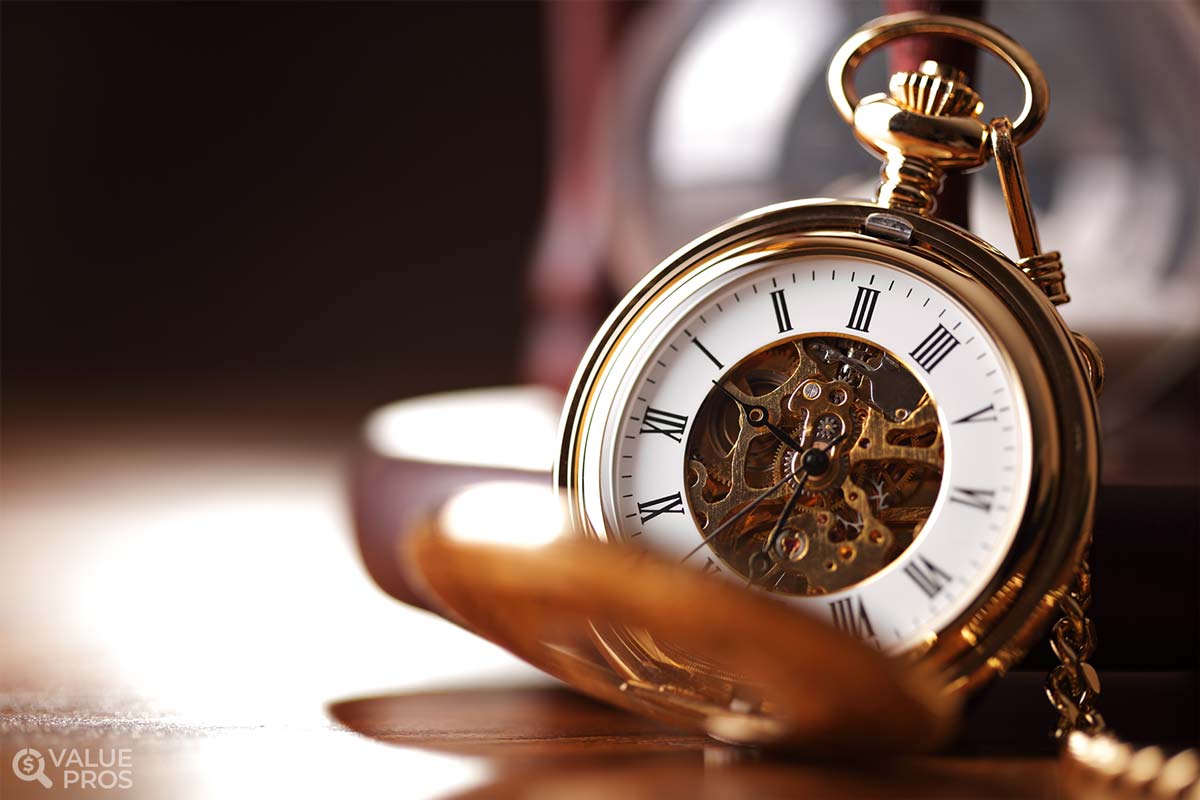
Extra tip: Never use flash to take photos of antiques, as it may damage some pieces.
At ValuePros, we have appraised thousands of antiques in small and larger estates, inheritances, and collections, and we have also provided our customers with guidance regarding tax procedures or even sale or auctioning of these items.
Have you obtained antiques through an inheritance? Are you interested in selling your antiques? This is the right time to do an appraisal. Contact us! We have a professional for each area with verifiable experience, providing confidential, professional work for your safety and that of your assets.

